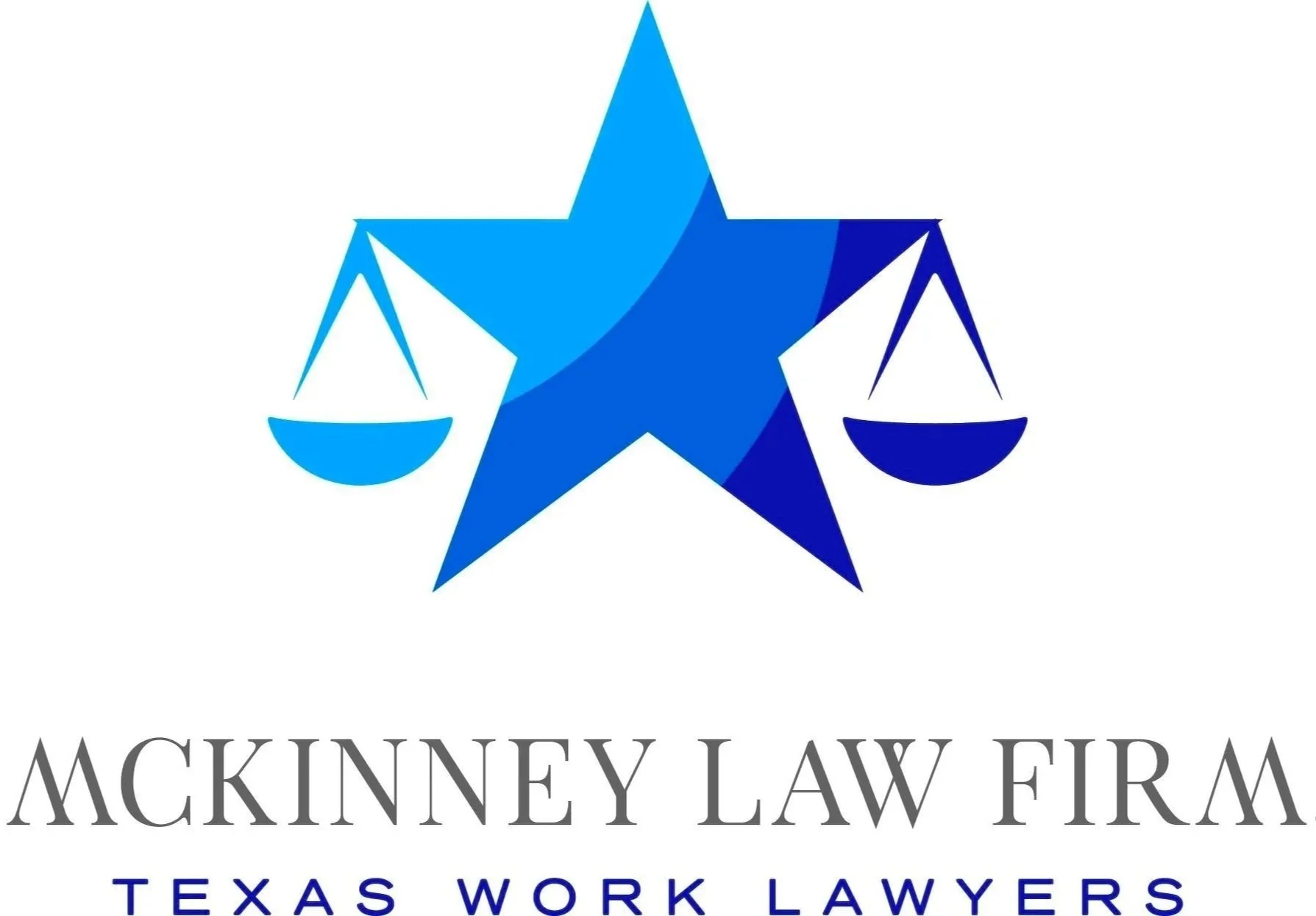The New York City Council recently enacted legislation prohibiting employment discrimination premised on an individual's weight or height, signifying a critical advancement in the sphere of employment law. The law contains a provision granting an exception to employers for whom an employee's height or weight is intrinsically tied to the execution of vital job functions, as well as to operators or providers of public accommodations.
This legislation positions New York City alongside a select number of other cities that have already instituted prohibitions against weight-based discrimination, including Urbana, Illinois; Madison, Wisconsin; Binghamton, New York; San Francisco; Santa Cruz, California; and Washington, D.C. Moreover, the states of Michigan and Washington have passed similar laws, according to a study by Vanderbilt University.
This development signals a potential new direction in the ongoing battle against workplace discrimination, with an increasing focus on size discrimination. Recent data illuminates the pervasiveness of size discrimination, with a ResumeBuilder survey indicating that over a quarter of respondents reported experiencing weight discrimination in the workplace. This percentage increases dramatically to 53% and 71% when focusing on self-identified overweight and obese respondents, respectively.
Supplementing these findings, recent May data from the Society for Human Resource Management (SHRM) suggest that these experiences are not anomalous. According to SHRM, half of people managers reported a preference for interactions with "healthy weight" employees, while 11% acknowledged that obese individuals in their organizations are not treated equitably.
The impact of such bias extends beyond fostering a respectful and inclusive workplace environment; it may also significantly influence employee retention. A substantial 75% of workers who reported experiencing such discrimination indicated that it fostered a desire to leave their current employment.
The new law takes into account necessary allowances for height and weight considerations integral to the performance of essential job functions. It also does not prohibit employers from providing incentives that promote weight management within the framework of a voluntary wellness program. This balanced approach seeks to promote fairness while acknowledging the realities of certain job requirements.

















